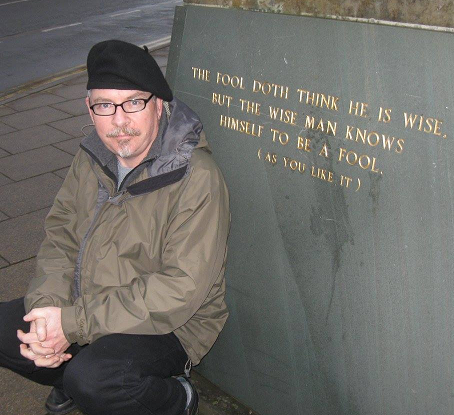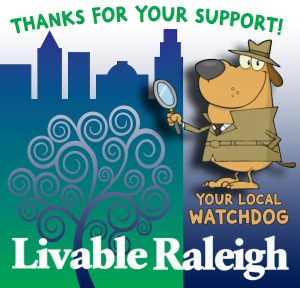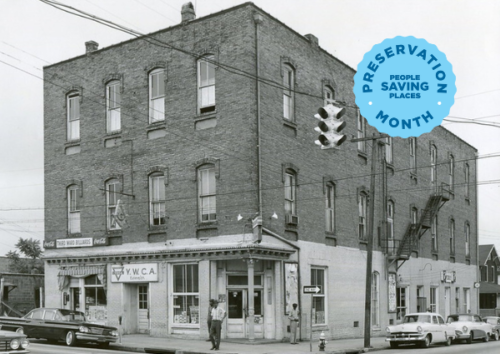
Chris Crew was born in Morganton, NC and moved to Raleigh in 1964. He’s been a resident of Historic Oakwood since 1975.
Educated at NCSU and UNC-Chapel Hill, works for the State of NC in Public Safety. Preservationist, Cook, Trombonist, Brewer, Choirboy, Grandfather.
Chris spoke at City Council on July 2, 2024.
Our historic fabric has been under threat for decades and is getting threadbare in areas—particularly in areas associated with the African American experience in downtown Raleigh.
When Raleigh finally recognized the cultural impact and importance of the contributions of its African American citizens through the designation of the Prince Hall Historic Overlay District, it made a public statement that we value the significant role our fellow citizens made in the growth and development of our city, in the struggle for economic and social equity, and in the birth of the national Civil Rights movement.
With the designation came a promise to future generations to love, cherish and protect the places where history was made. The designation was not created in a vacuum, it was not created for individual benefit; it was born of citizen input and stakeholder involvement and designed to outlast current title to individual properties.
These efforts should be honored in perpetuity.
The Comprehensive Plan states “each dollar spent on rehabilitation creates more local jobs than new construction, and more of those dollars stay in the local economy. Historic Preservation is also the necessary first step to capitalize on the city’s immense, yet unrealized potential for heritage tourism.”
There is a current perception that HOD status limits growth potential and capital gain on both residential and commercial properties thus protected.
This is simply not the case. HOD status provides the predictability and stability upon which free markets thrive, not by protecting surface parking and vacant lots, but by guiding what might one day occupy those vacant spaces and mitigating their impact on the existing historic context and fabric.
Public perception is that HODs limit use—they do not—they are mute on use. Use and height are governed by the underlying zoning districts such as R-1 through 10, and various mixed-use zoning districts; Residential, Office, Mixed Use, Downtown, etc.
Historic Status and overlay zoning does not begin and end with current property owners or transfer of ownership. This arrangement was made with considerable stakeholder input from property owners and citizens, and the precious resource protected by our historic districts should not be nibbled away for private gain through extractive colonialism.
The certainty of HOD designation is a guarantee of stability from the people, for the people and by the people.
If you appreciate the kind of reporting we bring to you
|
Please donate $10 or $20, Thanks for supporting |
 |

